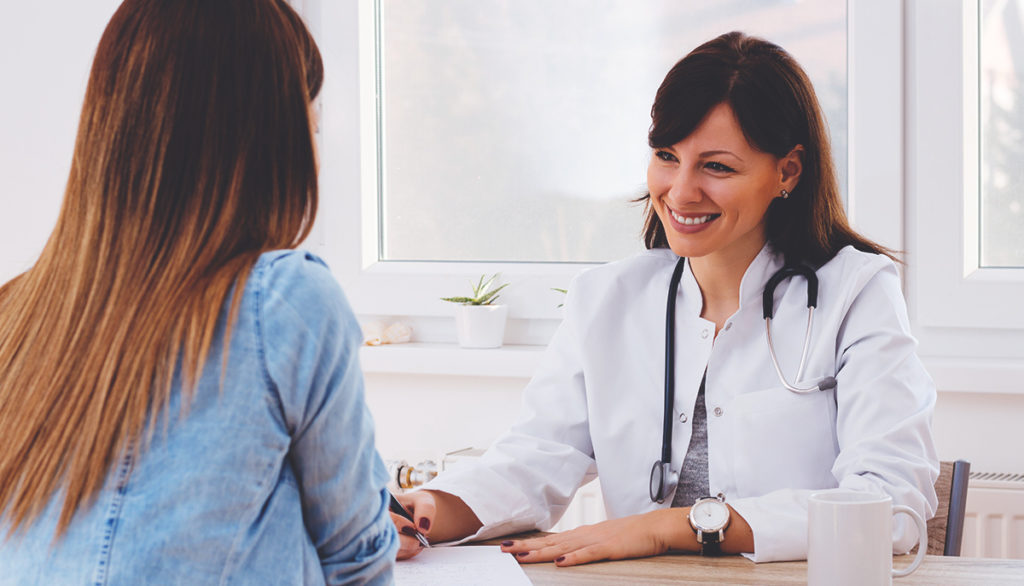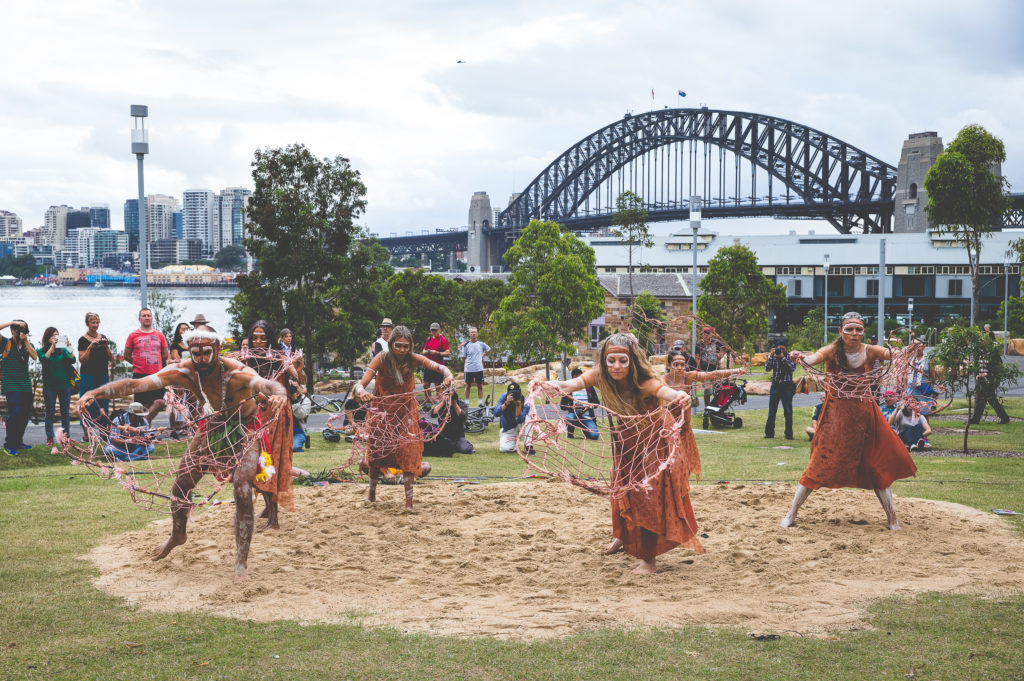These days, it’s easier than ever to book a doctor’s appointment. Thanks to advancements in technology such as online booking systems and telehealth appointments, you’re now able to book an appointment today and get health advice from General Practitioners with just a few clicks of a button.
For international students, navigating the Australian health system can seem daunting at first. This article includes everything you need to know about finding a local doctor and booking a doctor’s appointment online or in person. If you are experiencing a medical emergency, phone 000 right away.
What is a General Practitioner (GP)?
A general practitioner (GP) is a doctor who has a broad knowledge of health issues and does not specialise in one area of medicine. Your GP should be the first person you see when a health issue or concern arises, and they can refer you to a specialist if they decide that you need specialised care.
To help your GP give you the very best care tailored to your needs, you must be open and honest with them about how you are feeling. It’s easier to open up to people you feel comfortable around, so you should look for a local GP that you like and stick to them.
How can I find a GP?
Once you know what you are looking for in a GP, the next step is finding one. HealthEngine – an online appointment booking system – is a fantastic place to start, as you can search for a GP based on your location. HealthEngine will also show you reviews of each practice, when their next available appointment is, and whether they offer telehealth services. Telehealth appointments are consultations held over the phone or via video chat instead of in person.
Your tertiary education institute might also have on-campus healthcare available to students. The best way to find out is by checking your institution’s website or by asking your teachers or peers. By seeing a GP on campus, you can easily fit appointments around your classes.
If you are seeking mental health support, a GP will be able to refer you to a mental health professional, such as a psychologist, counsellor or psychiatrist, depending on your needs. Beyond Blue offers great tips for finding a GP that can help with mental health issues.
Making a doctor’s appointment
There are a few things you should take into consideration when booking an appointment with a GP:
- You may have to provide proof of your vaccination history.
- Make sure you have your OSHC details handy.
- A standard doctor’s consultation is around 15 minutes, which should cover one medical issue. Ask for a longer appointment when booking if you think you will require more time.
- To avoid wait times, try to book an appointment in the morning. GP appointments can sometimes run overtime, so booking one as early as possible will help to avoid the build-up of delays.
- Book in with a GP you’re familiar with. If this is your first time seeing a new GP, you can request a doctor of the same gender if it makes you more comfortable.
During your appointment
During your doctor’s appointment, you should:
- Bring a support person if it would make you feel more comfortable.
- Be open and honest with your GP. They are not here to judge, only to help.
- Bring along a list of medications you already take. This is important as some medications may cause a reaction when mixed with others.
- Be sure to ask questions about anything you’re not sure about and make notes during the appointment.
After the appointment
There are a few important things to remember after your GP appointment:
- If it was recommended by your GP, make a follow-up appointment at the reception desk on your way out.
- Pick up any prescriptions from the pharmacy as soon as you can. Ask for a generic brand instead of name-brands as they are cheaper and just as effective.
- Call your pharmacist or doctor immediately if you experience unexpected side effects from the medication.





